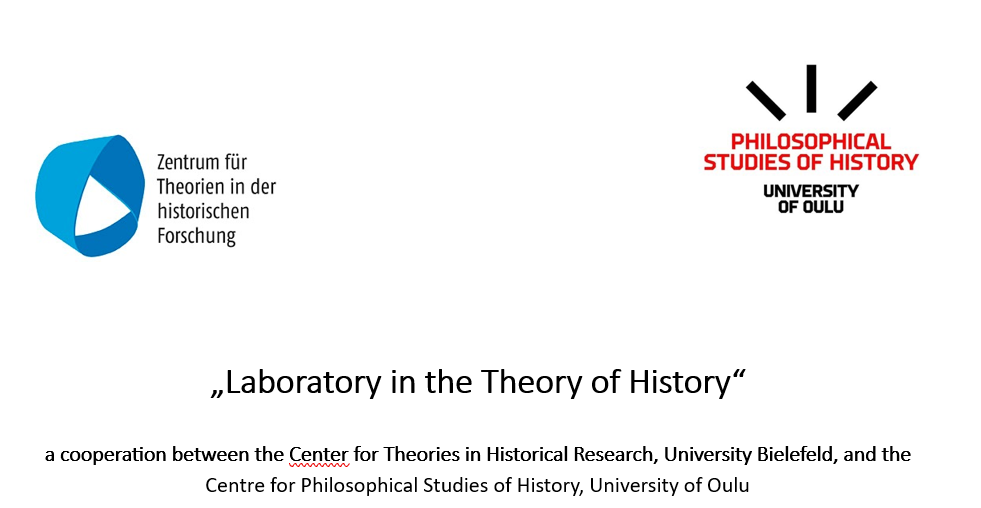
What practices characterize historiographical writing? How are meaningful complexes and historical significance constructed in historiographical texts and to what extent are these confirmed by evidence and existing historiographical discourses? What role do the different writing modes, such as description, “genetic-narrative” vs. “retrospective-investigative” narration or source- or plausibility-based reasoning, play in this process? How are these modes of writing connected?
The international two-day Theory Class will explore how historians approach evidence, contextualization and presentation in terms of the structure and purpose of each step in their line of argument. Against the background of this ‘dissecting’ analysis, it will be asked what basic theoretical models and ideas of “history” and “historical significance” underlie the individual approaches. Here, key historical terms (such as context, source, epoch) and practices (contextualizing, proof, presentation) will be examined with regard to their historico-theoretical prerequisites.
The theory class takes place in person in cooperation with the Centre for Philosophical Studies of History at the University of Oulu (Finland).